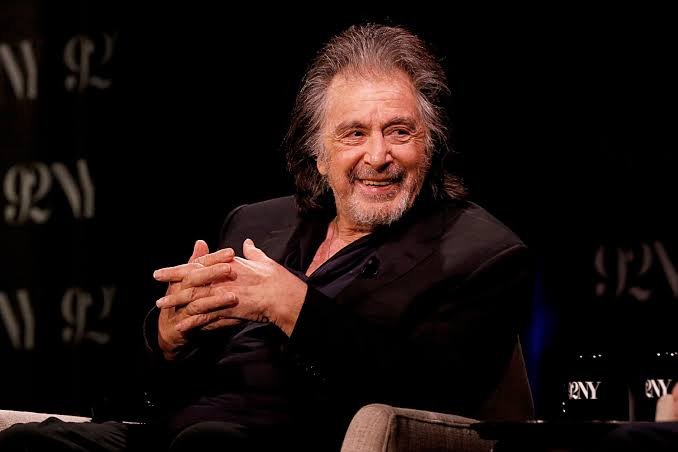
Al Pacino: The Evolution of an Acting Legend
Al Pacino’s acting career, spanning over five decades, stands as a testament to his extraordinary talent, versatility, and enduring appeal. From his early days in theater to his iconic roles in some of cinema’s greatest films, Pacino’s journey is a remarkable story of passion, perseverance, and unparalleled artistry.
**Early Beginnings and Breakthrough**
Born on April 25, 1940, in East Harlem, New York, Alfredo James Pacino’s interest in acting was ignited during his teenage years. He attended the High School of Performing Arts, followed by HB Studio, where he honed his craft under the tutelage of Charles Laughton. His early career was marked by small roles in off-Broadway productions, which eventually led to his breakthrough role in the play “The Indian Wants the Bronx” in 1968. This performance earned him an Obie Award and set the stage for his meteoric rise.
**Rise to Stardom: The Godfather Era**
Pacino’s film career took off in the early 1970s with his casting as Michael Corleone in Francis Ford Coppola’s “The Godfather” (1972). Despite initial skepticism about his suitability for the role, Pacino’s portrayal of the reluctant mafia heir became legendary. The film’s success catapulted him to international stardom and earned him his first Academy Award nomination. He reprised his role in “The Godfather Part II” (1974) and “The Godfather Part III” (1990), solidifying his place in cinematic history.
**Exploration of Diverse Roles**
Following “The Godfather,” Pacino showcased his range by taking on a variety of roles. In “Serpico” (1973), he played Frank Serpico, a real-life NYPD officer who exposed corruption within the force. His performance earned him a Golden Globe Award. He then starred in “Dog Day Afternoon” (1975), portraying a desperate bank robber, and in “…And Justice for All” (1979), where he played a passionate lawyer. These roles demonstrated his ability to imbue complex characters with depth and authenticity.
**Scarface and the 1980s**
The 1980s saw Pacino delivering one of his most memorable performances as Tony Montana in Brian De Palma’s “Scarface” (1983). Though initially met with mixed reviews, the film became a cult classic, and Pacino’s portrayal of the ruthless drug lord became iconic. The decade also saw him in “Sea of Love” (1989) and “Glengarry Glen Ross” (1992), the latter earning him an Academy Award nomination for Best Supporting Actor.
**Awards and Critical Acclaim**
In 1993, Pacino finally won his first Academy Award for Best Actor for his role as the blind, retired Army Lieutenant Colonel Frank Slade in “Scent of a Woman” (1992). His impassioned performance and the memorable line, “Hoo-ah!” became etched in the annals of film history. The 1990s also saw him in “Carlito’s Way” (1993), “Heat” (1995), and “Donnie Brasco” (1997), further cementing his status as one of Hollywood’s most respected actors.
**Later Career and Continued Relevance**
As he moved into the 2000s, Pacino continued to take on challenging roles. He starred in “The Insider” (1999), “Insomnia” (2002), and “Angels in America” (2003), the latter earning him an Emmy Award. His portrayal of Jack Kevorkian in the HBO film “You Don’t Know Jack” (2010) also received critical acclaim and won him a Golden Globe.
**Legacy and Influence**
Al Pacino’s influence extends beyond his filmography. His dedication to the craft, ability to convey raw emotion, and fearless approach to complex characters have inspired countless actors. In recent years, he has continued to work in both film and theater, appearing in “The Irishman” (2019) and HBO’s “Hunters” (2020).
Pacino’s career is a masterclass in evolution, reflecting his ability to adapt and reinvent himself across different eras of cinema. From the streets of New York to the grand stages of Hollywood, his journey is a celebration of artistic excellence and a reminder of the timeless power of great acting. As he continues to grace the screen, Al Pacino remains a living legend, whose contributions to the world of film will be cherished for generations to come.


